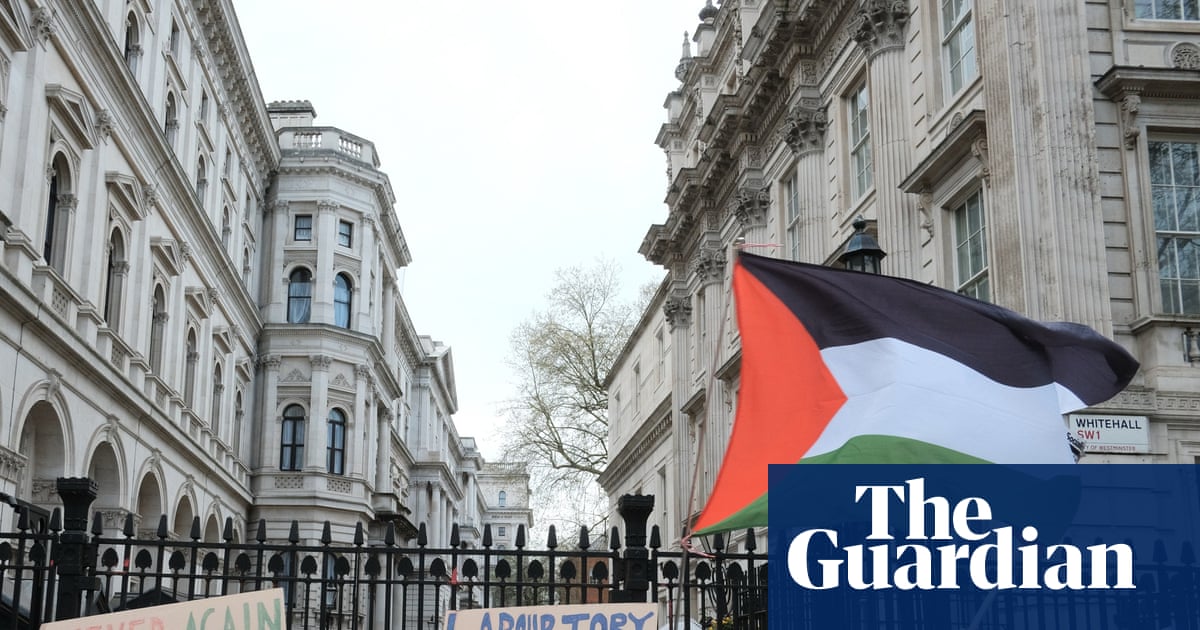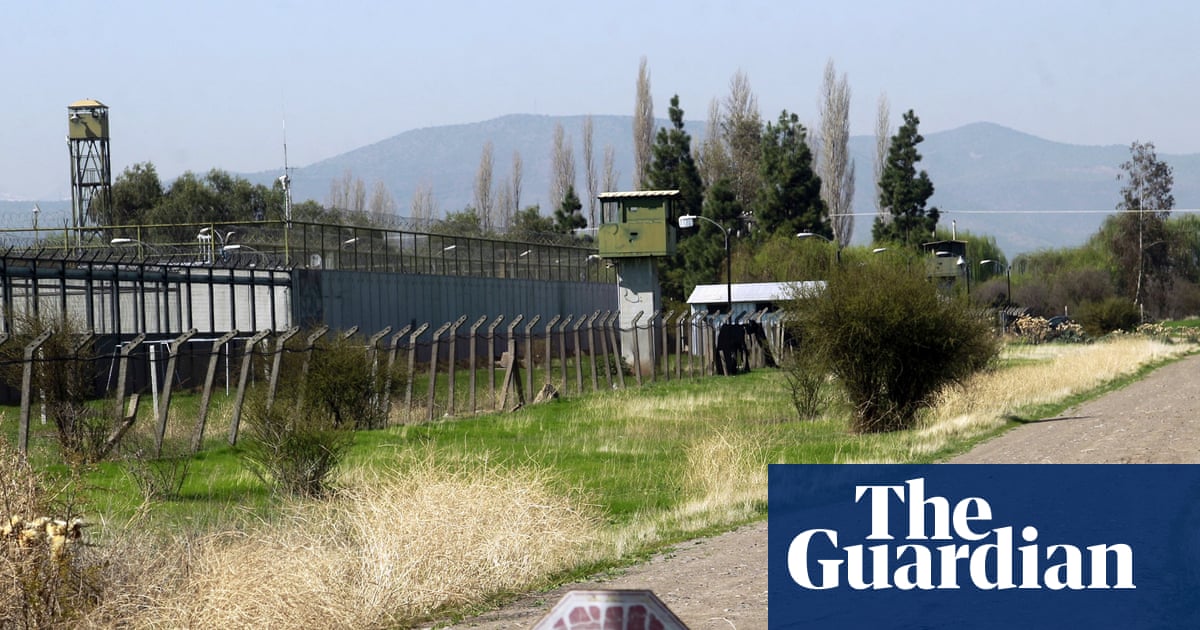The British and Irish governments are to unveil a new framework to deal with the legacy of Northern Ireland’s Troubles in an effort to resolve an issue that has bedevilled politics in the region and relations between London and Dublin.
Hilary Benn, the Northern Ireland secretary, and Simon Harris, Ireland’s foreign minister, are scheduled to publish the long-awaited proposals on Friday after a year of negotiations to overhaul the controversial Legacy Act passed by the Conservative government in 2023.
The framework will outline new legislation that both sides will need to pass to create a reformed agency that will be tasked with investigating Troubles-era crimes.
The joint proposals reflect a reset in relations between Dublin and London after years of toxicity from Brexit and legacy-related disputes during successive Conservative administrations.
Intense behind-the-scenes talks between officials, and a meeting last week between Keir Starmer and the taoiseach, Micheál Martin, paved the framework that Benn and Harris are to announce at Hillsborough Castle in County Down.
It will convert the independent commission for reconciliation and information recovery (ICRIR), which was established by the Legacy Act, into a new legacy commission with what are expected to be greater powers to investigate Troubles-era crimes. A separate agency will provide information retrieval to families seeking details about relatives’ deaths.
The Irish government wants the legacy commission to be compliant with the European convention on human rights. Dublin has a pending inter-state case against the UK at the European court of human rights that states the Legacy Act breached the convention by halting inquests, civil cases and criminal prosecutions. Officials indicated that Dublin would continue the case until the framework advanced towards legislation.
Dublin has stressed the need to win the confidence of victims’ groups that seek truth and justice for killings during the 30-year conflict. Many opposed the previous legacy dispensation because it offered amnesty to combatants and all but extinguished any hope of prosecutions.
The British government also wants the endorsement of victims’ groups but is under pressure from army veterans’ groups and their allies to shield former soldiers from prosecutions that some have depicted as witch-hunts.
The 1998 Good Friday agreement sidestepped legacy – a catch-all term for unresolved Troubles-era killings by paramilitaries and security forces – and left bereaved families to seek answers and justice via inquests and prosecutions. The cases have stretched police resources and polarised politics.
after newsletter promotion
Both governments and Northern Ireland’s main political parties agreed a joint approach to legacy in 2014 but the deal was never implemented. Boris Johnson and Rishi Sunak attempted to resolve the issue unilaterally but the Legacy Act prompted an outcry from unionists, nationalists and Dublin. Labour promised to repeal the legislation.
The Irish government has committed to cooperate with the new legacy mechanisms and investigate crimes committed south of the border – a key demand of critics who say Dublin has ignored questions about the Irish state’s role during the Troubles.
Gerry Kelly, a Sinn Féin assembly member, said families of victims and survivors would scrutinise the proposals and be the most important voice in the process. “History shows us that we should judge this on what is passed into law, as opposed to what is promised,” he said.

.png) 1 month ago
36
1 month ago
36

















































